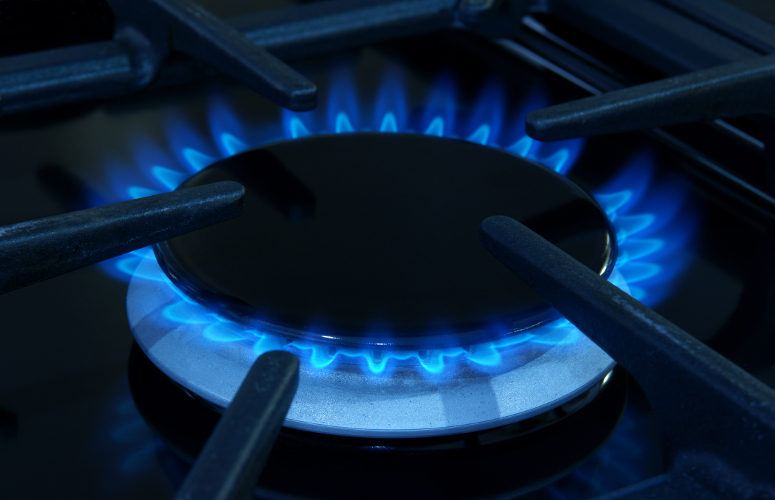
The Future of Natural Gas
By Anthony Birritteri, Editor-in-Chief On Oct 11, 2023The use of natural gas in the US is at an all-time high, despite efforts on federal and state levels to delay or stop pipeline projects, such as in the Appalachian Shale Basin, which is the second largest shale basin in the world next to Qatar. Given global events, such as the war in the Ukraine which has sharply increased the price of natural gas in Europe, and in turn negatively impacted many industries there, Rob Jennings, vice president of natural gas markets at the American Petroleum Institute (API), stresses the importance of US energy security and continuing natural gas production here at home.
Speaking at yesterday’s Energy Policy Conference, hosted by the New Jersey Business & Industry Association, Jennings said that US natural gas usage has increased by 73% since 2000, and this was mainly due to the “birth of the shale era.”
“That has given us some of the cheapest energy in the world and made us the No. 1 [global] producer of natural gas,” Jennings said, adding that five industry sectors are still driving natural gas demand: residential, commercial, industrial, power and exporting. “Four out of those five sectors in 2022 set a record for consumption. The bottom line is that demand for natural gas is strong,” he said.
The effort to retire older, high-CO2-emitting, coal-fired power plants and replace them with more efficient, lower-emitting gas plants has resulted in a two-thirds reduction in CO2 emissions since 2005, with New Jersey being an early adopter in this area, Jennings said. He added, “We have reduced emissions in the US more than any other country. A big chunk of that has been the availability of natural gas, especially from the shale revolution.”
With this good news, the industry does have its challenges; one being infrastructure expansion.
Jennings said it has become difficult to build infrastructure projects in the US, pointing to Appalachian Shale Basin projects that have been cancelled over the past six or seven years, including the Penn East Pipeline, the Constitution Pipeline, and the Atlantic Coast Pipeline, plus the delay of the Mountain Valley Pipeline.
The last two projects are needed in the Southeastern US as seen through high market prices in the region, Jennings said. “In fact, utilities there have to delay coal plant retirements because they can’t get the new gas pipelines built,” he added.
“The barrage of state and federal regulations is making it difficult for us to produce natural gas and to do it affordably,” Jennings said, explaining that API wants to make sure that regulations that do pass, whether at the state or federal levels, are achievable and can be accomplished affordably.
Stressing the importance of energy independency and security again, and pointing to the war in the Ukraine, Jennings explained that at the beginning of the conflict, Russia cut off natural gas pipeline flows to Europe (representing 40% of Europe’s total usage). “That wrought havoc on the European economy. … Europe will probably never fully recover from the Ukraine invasion and the shut off of natural gas. It lost a considerable number of heavy industries and the jobs associated with them. … That’s not coming back.
“It’s a good cautionary tale for us on how we maintain energy security while continuing down the energy transition path.”
To access more business news, visit NJB News Now.
Related Articles:





